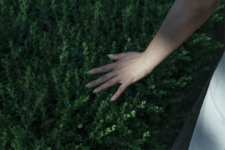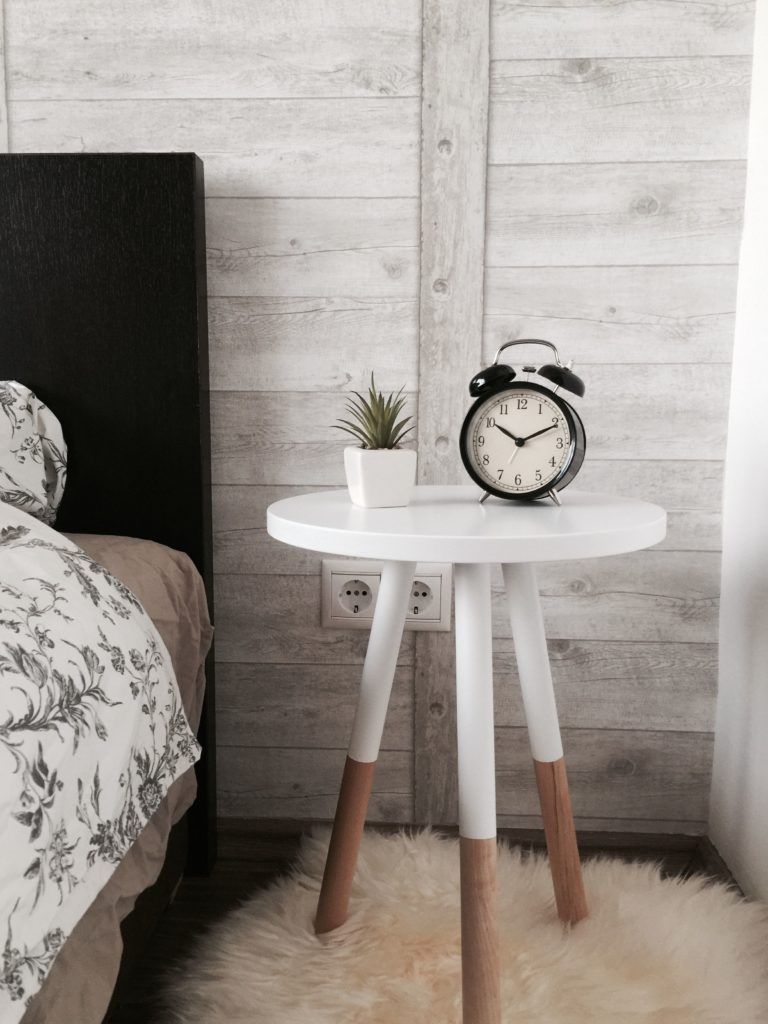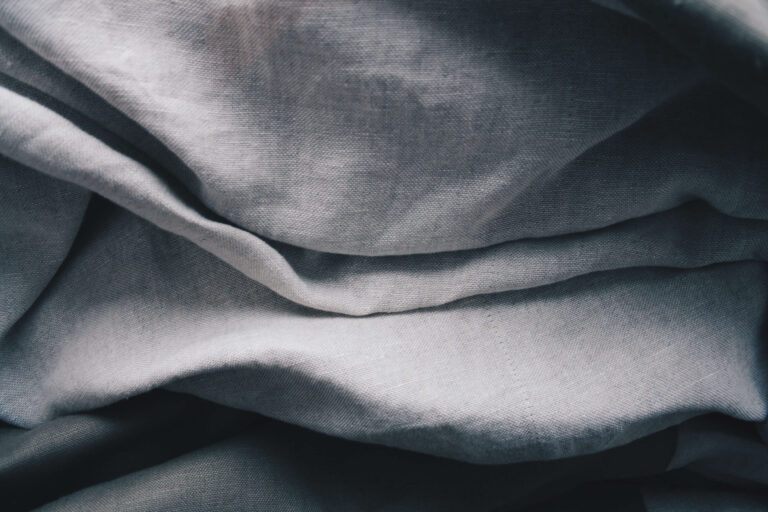New York has a reputation for sleeplessness. Based in the heart of downtown in a city that never sleeps, here at the Yinova Center, we know a thing or two about insomnia and it probably won’t surprise you to hear that we treat large numbers of sleepless New Yorkers. Many of them come to us having tried a variety of over-the-counter remedies and one that is particularly popular is melatonin. People assume melatonin is safe because they can buy it in a health food store and patients often describe it to me as “natural” and “herbal.” However, melatonin is not an herbal supplement and my patients are surprised when I tell them that it’s a hormone.
Like any hormone-based therapy, melatonin can be useful but it also carries with it risks and side effects. If you take melatonin regularly, you send your body a message to down-regulate and produce less melatonin by itself, which in turn creates a need to supplement and sets up a vicious cycle where it’s hard to get to sleep without taking melatonin.
For this reason, I never suggest that our patients take this supplement on a regular basis. The only exception I make is the temporary use of melatonin when traveling to avoid jet lag. It works well to reset your body clock and using melatonin once in a while, in this way, is safe and effective. We have more advice on avoiding jet lag here.
What’s a sleepless New Yorker to do?
When I’m treating insomnia, I usually divide my treatment strategy into two parts – treating the root and the branch. The root is the underlying reason why you can’t sleep and the branch is the insomnia itself. Most of the pharmaceutical sleep aids, that doctors prescribe, treat the branch, meaning they help to knock you out but don’t solve the problem. If you stop taking them you will usually still have insomnia.
What our patients want, however, is a treatment that gets to the root so that, in time, they can stop taking sleep aids altogether. Here at the Yinova Center, we take a two-pronged approach. First, we prescribe a mild herbal sleep aid to help you get to sleep. Then we prescribe a more complex herbal formula that addresses the reasons why you can’t sleep in the first place. This method takes a bit longer than popping melatonin but within 6 weeks most of our patients are sleeping on their own without needing to take any supplements at all.
In a city as sleep-deprived as New York, that can be quite a relief.






